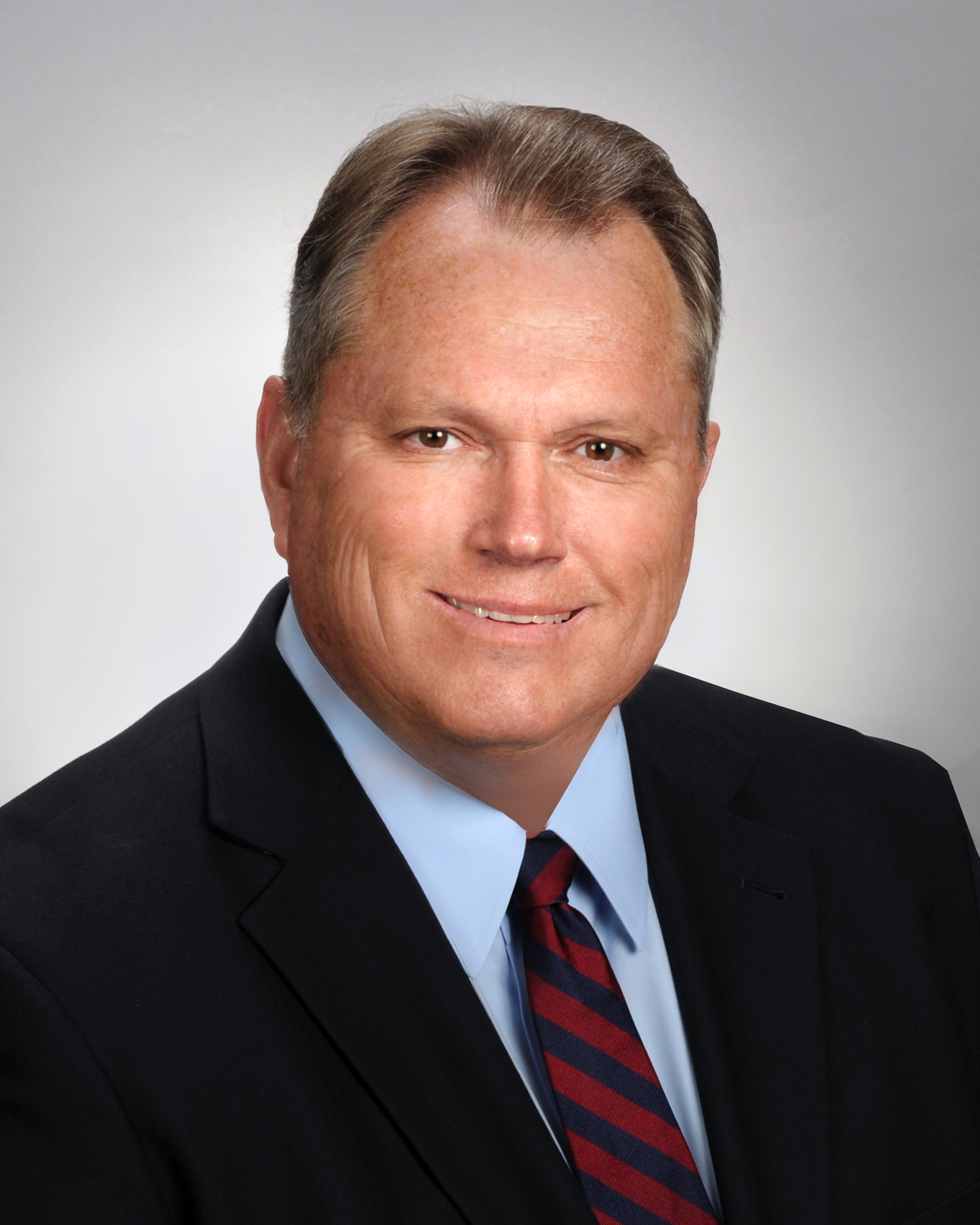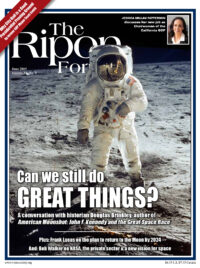
The Democratic field running for President has almost twenty-five contenders, but one attribute makes this group stand out: six of them are current and former mayors.
This is unique in presidential politics. Only a dozen or so mayors have ever run for president. Of these, only two – Grover Cleveland and Calvin Coolidge – were elected. With a bunch of mayors in this race, some wonder if it’s time for America to seriously consider electing one to the White House. Others, however, question whether mayors have the right mettle and moxie to do the job in today’s toxic political environment. One thing is certain: mayors will play a much bigger role than ever before in shaping next year’s presidential contest.
As the former mayor of America’s 36th-largest city, I’m watching this election closely. I admit it; I like mayors. I served during the Great Recession, a time of crisis that tested all political leaders. Mayors from all parts of the country, both Republican and Democrat, met the challenges of governing. Watching their successes and working with many of them firsthand, I was impressed.
Unlike a dysfunctional federal government, cities are where government works.
Unlike a dysfunctional federal government, cities are where government works. Government shutdowns are not a choice at City Halls. Many mayors are forced to make tough decisions on difficult issues. During the recession, mayors couldn’t, and didn’t, kick problems down the road. They acted! And when they acted, both Democrats and Republicans often upset traditional constituencies, such as labor unions and taxpayer groups. Successful mayors put community before the party. Former New York City Mayor Fiorello LaGuardia once famously said, “There is no Democratic or Republican way to clean a street.” The realities of governing a city require mayors to collaborate with a variety of groups, forge compromises, and build broad-based support for initiatives. These are attributes voters often say they want in their national leaders. So why haven’t these successes elevated mayors to significance on the national scene?
Herein lies the rub for mayors running on a national stage. While many mayors govern cities in a smart, pragmatic, and bipartisan way, that type of leadership is greeted with a collective yawn on the national stage where hyper-partisanship and red meat rhetoric takes center stage. In other words, most mayors can’t fit into a nice, neat box that cable TV shows can package in 30-second sound bites. The “outsider” label just doesn’t fit most mayors.
It wasn’t always this way. Not too long ago, former U.S. House Speaker Tip O’Neill declared that “all politics is local.” The Speaker was referring to how national decisions and issues always had a local touchpoint. Not anymore. Hence, the biggest hurdle for mayoral contenders in the 2020 presidential race: local issues and successes rarely rise to become part of the national debate. Newspapers, many of which are on life support, have reduced or eliminated local coverage. Because of the internet and cable news, national partisan issues now often dominate even local elections.
A mayor who believes in problem solving and a bipartisanship cannot satisfy the litmus tests of ideological purists on either side of the political spectrum.
Mayors seem out of place in deeply partisan politics. But with the shifting political winds, mayors have increasingly been drawn into or injected themselves deeply into ideological debates. Why? Because talking heads on cable news tell us there is a Democratic and Republican way to clean streets. And sadly, many voters seem to agree. A mayor who believes in problem solving and bipartisanship cannot satisfy the litmus tests of ideological purists on either side of the political spectrum.
Also, voters – especially those motivated by hot-button issues – see mayor and president as fundamentally different. They equate compromise with weakness. I disagree, but I’m probably in the minority. One political pundit noted that “Americans . . . respect big-city mayors as managers, but not necessarily as custodians of important values.”
In fact, voters often ignore a mayor’s experience and accomplishments. A mayor who ran for national office told me that his biggest surprise during his run was that “nobody on the campaign trail cared about my experience as a mayor.” This is especially problematic when the mayor whose identity and legacy is based on a record of bipartisan success must pivot to a partisan primary world where “gotcha” rhetoric and simplistic policy discussions dominate.
So … could a mayor meet the challenge of being President? Absolutely! Who wouldn’t appreciate a leader who has developed a skill for solving problems, bringing people together, forging compromises, enhancing economic opportunities for all, and focusing on real issues as opposed to partisan rhetoric?
If history holds true, voters will unfortunately look past the record and go with the tough-sounding slogans. That does not bode well for these six mayors running for President. Then again, one of them just might break the mold and rewrite history.
And if this happens, I believe we would benefit from his or her experience as a mayor.
Scott Smith, a Republican, served as Mayor of Mesa, Arizona from 2008 to 2014. He also served as President of the U.S. Conference of Mayors. He is currently CEO of Valley Metro, Phoenix’s regional transit system.




